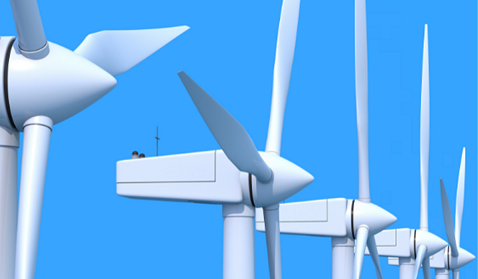An emissions reduction project that’s claimed to be Australia’s largest local government scheme will be implemented next month.
From 1 July, 46 Victorian councils will begin taking wind energy supplied by retailer Red Energy to power their town halls, sports grounds, community venues, leisure centres, streetlights, and other infrastructure.
Under the terms of the Victorian Energy Collaboration (VECO) procurement deal led by Darebin City Council and facilitated with the Victorian Greenhouse Alliances, the 46 participating local governments will be supplied with 240 GWh of electricity a year by Red Energy over 9.5 years.
The energy will be generated by two wind farms near Mortlake and Horsham.
Darebin City Council Mayor Lina Messina says the VECO project is proof of what can be achieved by local governments working together.
“This is a bold, visionary project that pushes the boundaries of what was thought possible for local government,” she said.
“It tackles climate change, cuts energy bills, invests in Victorian businesses, and grows jobs in regional Victoria.
“Every dollar we save on energy bills is a dollar we can put towards improving our roads, footpaths, libraries or community programs,” Cr Messina said.
Once all councils have transitioned to the procurement project, it is estimated that 45 percent of all Victorian council electricity will be sourced from wind energy – with carbon dioxide emissions cut by about 260,000 tonnes annually.
Red Energy is a retail arm of the federal government-owned Snowy Hydro.
In related news, plans have been unveiled for a solar-hydro energy plant near Mildura capable of generating renewable power “on demand”.
Funded through a $15 million investment by the Australian Renewable Energy Agency (ARENA) and built by RayGen, the plant will deliver 3 MW / 50 MWh of fully dispatchable power into the National Electricity Market.
Excess heat captured from the concentrated solar photo-voltaic array will be stored in water-based thermal storage pits equivalent in size to nine Olympic swimming pools, allowing up to 17 hours of energy storage.
RayGen has also been engaged by AGL Energy to develop a solar-hydro plant on the site of its Liddell coal-fired power station in the NSW Upper Hunter region that is due for closure in 2023.



